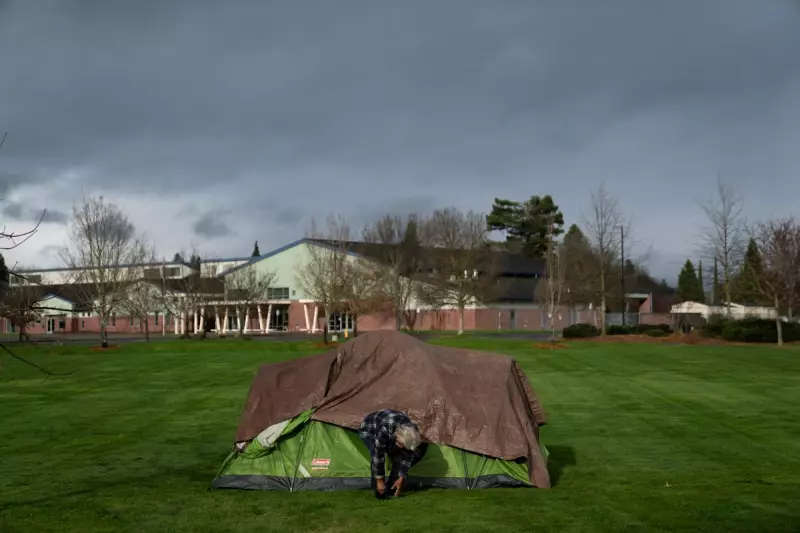
In a decisive victory for public resources and environmental conservation, the Oregon Supreme Court has delivered a landmark ruling against a technology CEO's excessive personal use of municipal drinking water.
The court blocked the executive's controversial plan to dramatically increase water withdrawals for his Portland-area mansion, which boasts extravagant amenities including a swimming pool, a pond, and a sprawling lawn. The case sparked intense public debate, pitting individual wealth against the community's right to a shared, essential resource, especially during periods of severe drought.
A Battle Over a Precious Public Resource
The legal dispute began when the city of Portland initially approved the CEO's request to use enormous quantities of public water for his estate. This decision was met with swift and fierce opposition from local residents and environmental advocates. They argued that granting such a request was not only irresponsible but set a dangerous precedent, particularly in an era of increasing water scarcity and climate-induced droughts.
The case quickly ascended to the state's highest court, becoming a symbolic fight over equity and sustainability.
The Court's Groundbreaking Decision
The Oregon Supreme Court's ruling overturns the prior approval, effectively putting a stop to the lavish water use. The justices emphasised the critical need to prioritise public welfare and the long-term security of the water supply over the desires of a single private individual.
This verdict is being hailed as a major precedent, strengthening the ability of local governments to deny requests for excessive water usage and protect vital resources for the entire community.
Implications for Future Water Policy
Legal experts suggest this ruling sends a powerful message to municipalities and wealthy individuals across the United States. It firmly establishes that access to clean, safe drinking water is a public right that cannot be unduly compromised for private luxury.
The decision is expected to empower other communities facing similar pressures and will likely influence water rights legislation and conservation efforts for years to come, reinforcing the principle that in times of scarcity, the public good must come first.





